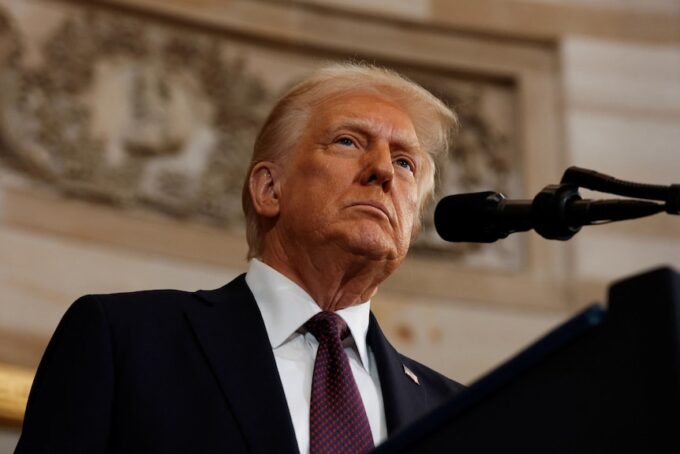News | Events | Digital PR | Advertising
TikTok Faces Ban from US After Losing Battle with Federal Court

TikTok’s effort to challenge a law requiring it to be banned or sold in the US by early 2025 has been rejected by a federal appeals court. The social media giant argued the law was unconstitutional, claiming it posed a “staggering” impact on free speech for its 170 million US users.
However, the court upheld the law, describing it as “the culmination of extensive, bipartisan action by the Congress and successive presidents.” TikTok has announced plans to escalate its legal fight to the US Supreme Court.
The US government seeks to ban or force the sale of TikTok due to alleged ties between its parent company, ByteDance, and the Chinese government—claims both TikTok and ByteDance deny. The court supported the law, stating it was “carefully crafted” to address national security threats posed by control from foreign adversaries, specifically the People’s Republic of China.
TikTok, however, maintains that the law relies on “inaccurate, flawed, and hypothetical information” and would censor Americans. A spokesperson expressed confidence that the Supreme Court would uphold free speech rights on this critical issue.
The 2024 election of Donald Trump as US President may provide a potential reprieve for TikTok. Despite his failed attempt to ban the platform during his first term, Trump pledged during his campaign not to let the law take effect. Trump will be inaugurated on January 20—just one day after the deadline for TikTok to be banned or sold.
Still, experts remain skeptical. Professor James Grimmelmann of Cornell University noted, “The anti-China sentiment in the US Congress is very strong, with significant bipartisan support for restricting TikTok in the US market.” Whether Trump will act on his pre-election promise remains uncertain.
Explore more
Scientists Research Nigeria’s Okra, Maize, Four Other Crops During NASA’s Space Mission
International astronauts will research six indigenous Nigerian crops and seeds during the...
President Trump Orders Pharmaceutical Companies To Cut Drug Prices Within 60 Days
President Donald Trump on Thursday said he asked major pharmaceutical companies to...
Microsoft To Become The Next $4 Trillion Company
Microsoft (MSFT.O), opens new tab soared past $4 trillion in market valuation...
Importers Slash Petrol Prices Below Dangote Rates Amid Rising Market Competition
Competition has hit Nigeria’s petroleum sector as fuel importers slash petrol prices...












Leave a comment